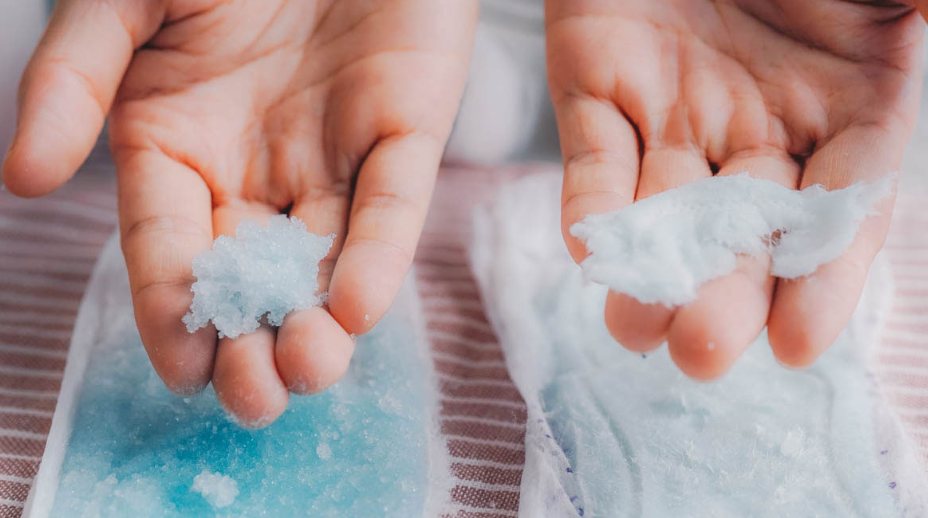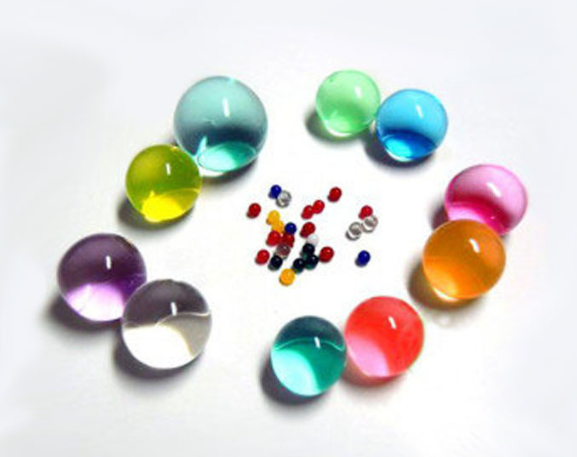Water absorption factor, also known as SAP, water absorption bead and polymer, is one of the commonly used raw materials in daily necessities.
In the specific production, the balanced mixing of water absorption factor and wool fiber is very critical, which directly affects the water absorption ability and moisture absorption equilibrium of the commodity, and plays a key role in preventing gel sticking and hard spots passing through the surface of the paper and avoiding rolling between layers.
Before mixing and balancing polymer powder and fiber, it is necessary to maintain the dryness of polymer, which directly affects the accurate measurement, transportation and dispersion of polymer and the mixing and balance of water absorbing beads and fluff fiber.

When the particle size is 100 ~ 120mesh, the absorption force is the best; When the pH value is 6 ~ 8, the absorption rate is the largest. Polymers with small particles are likely to have adverse effects on absorption rate and back infiltration, and tend to block pores.
SAP's large usage in dust-free cloth can reach 55%. The usage of sap in dust-free cloth generally lies in the main purpose of goods. If it is used as the absorption core layer such as aunt towel and bottom pad, the sap composition is 20 ~ 25%. If it is used as baby diaper, adult incontinence commodity, agricultural and forestry water lock, the use of sap is 30 ~ 35%.

Fluff fiber is soft, with high cashmere content, thick and long fiber (2.7 ~ 3.0mm), low fiber composition, good gasket integrity, balanced mesh fiber, network tension exceeding 7n, and strong adhesion to water absorbing beads. More suitable for GP Nf485 and other specifications of fluff pulp board.
The water absorption factor must be used safely, especially without playing or even swallowing by mistake. Although the raw materials are not harmful, it will cause blockage and serious asphyxia shock.
Comment(0)
You can comment after
SIGN IN